Leviathan
Leviathan
4 stars out of 5 (Excellent)
Director : Andrey Zyagintsev
Russian (English subtitles available), 2014
'Leviathan' , the relentlessly realistic and vital film by director Andrey Zyagintsev , fuses the systemic with the personal in such a coldly objective way that it raises a very powerful question about why the Russian state is such a failure. When one goes back to track the history of this land, only a few niceties reveal themselves over the ages. At 17 million square kilometres this Leviathan is the world's largest country straddling Asia and Europe while socio-politically featuring the worst of both continents. Descended from the Slavs, they founded their first united state, Kievan Rus in 882 - a confederation that formed the first law code for its subjects. One law for the masses and another for the rulers persists to this day. Mongols attacked it in the 13th century - they left but infected the Tsars with the same habit of territorial aggrandizement and disregard for social welfare.The early period of this era is tellingly depicted by Tarkovsky in "Andrei Rublev" - a companion film to 'Leviathan' in the context of Russian oppressionist portraits. Serial Tsars were no better, falling to the revolution centuries later in 1917. The Communists were supposedly birthed to rescue Russia, but it became equivalent to leaping from the frying pan onto the fire.
Opening frames show a mofussil sea-side location holding the house of Aleksei - a lean middle-aged man of average height and weathered peasant visage. The air is cold and bleak - to an extent because this is the shore of the Arctic ocean's Barents sea on the north-western coastal edge of Russia. Aleksei is one of those people whose continued survival is a matter of luck. He is mercurial and saturnine, and lacks the cunningness to live and flourish, especially in a corrupt land. His property is under threat of being taken away by the town's corrupt fat mayor for the purpose building a telecom mast. Aleksei has a son who is in early adolesence, with little bonding between father and son, this being made worse by the fact that the boy refuses to accept his father's second wife - a relatively young, nominally attractive lady (the first wife is never in the picture). The protagonists's brother arrives from Moscow supposedly armed with his big-city smarts, barrister bonafides, and political connections to blackmail the mayor. But little does he know the way of these boon-"docks", especially when Uncle Putin, whose portrait is prominently featured in the mayor's office, isn't in a mood to show support from the capital.
"Let all flowers grow, but we will only water the ones we like", Russia's Culture Minister Vladimir Medinsky said apropos Leviathan, while trying to suppress the film's screenings. Zyagintsev retaliated by saying that minister should be immediately fired. The Minister will remain in office sadly, but what does get a healthy deal of firing is the entire Russian establishment in 'Leviathan'.Writer Oleg Negin and the pic's helmer do this not in a preachy way but with an inexorably sardonic technique that is actually bracing despite the film's enervating ethos. The camera zooms in slowly as a judge flanked by black-coat-donning judicial colleagues rapidly reads out a judgement that outlines the facts before eventually saying that the mayor is right and Aleksei is wrong. This uni-directional framing and movement - as we come closer and closer both spatially and temporally to the verdict - is impressive while the "legal" lady's accelerated speech actually comes across as a parody. At a later juncture, Aleksei - his world slowly crumbling apart - travels in a police jeep and we get a static-camera view from the backseat looking at the front windscreen as the vehicle keeps rolling over uneven terrain... We wonder what further horror these authorities will bring him to...
Aleksei asks a priest "Where is your merciful God?", but like the tortured souls of Ingmar Bergman's realm, this man does not realize that that the eternal essence only reveals itself to evolved minds, not to those still languishing in thankless physical corpora. We gradually see that almost all of Leviathan's adults have serious faults of character - and these schisms ultimately colesce to create the bigger rupture. It's a rotten town, with the judge and police chief shown in a team huddle with the mayor on how to tackle the peasant. And when the latter's group goes to town to complain, all the supposed authorities seem to be out of office with nobody to register the complaint. Zyagintsev goes on to muddy the narrative waters a fair bit - an outing of rifle-shooting and kebabs in the countryside ends in a off-camera fight but only much later are we shown what actually transpired.
Compare this story of land-grabbing to "Khosla Ka Ghosla" from India - another nation in deep doldrums.This picture, helmed by a similarly powerful social analyst - Dibakar Banerjee - has a lighter tone and a different ending but both films cover roughly the same social quandry while flinting their strong impact with differing techniques. Zyagintsev shows how to use the cold dark hammer here. We see warm lighting in a church at the end - the mayor bends to whisper in his boy's ear "God sees everything". With a God like the mayor's, we need more Satans.
UPN
UPNWORLD welcomes your comments.

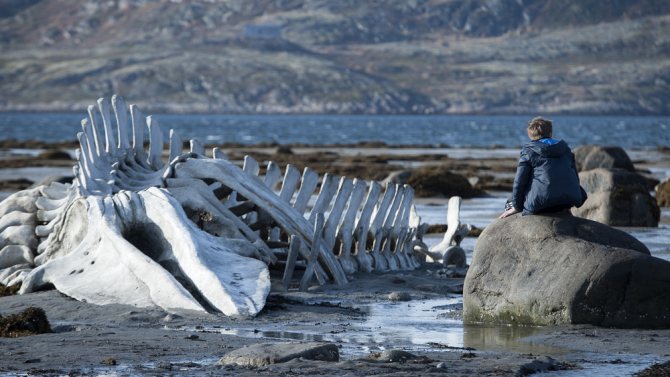
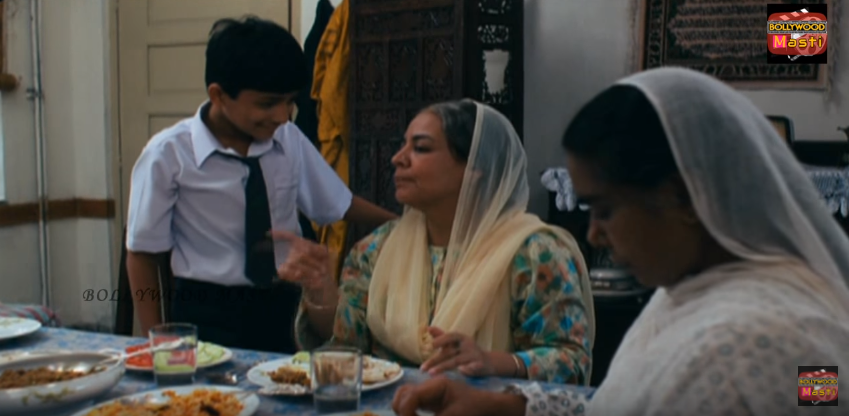
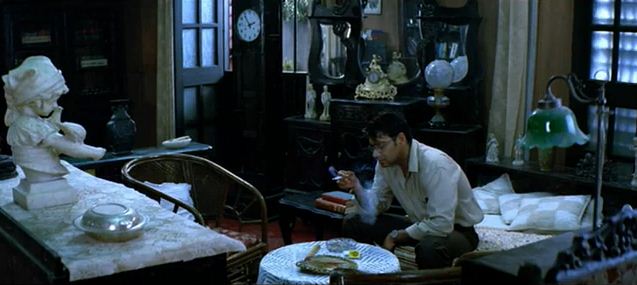
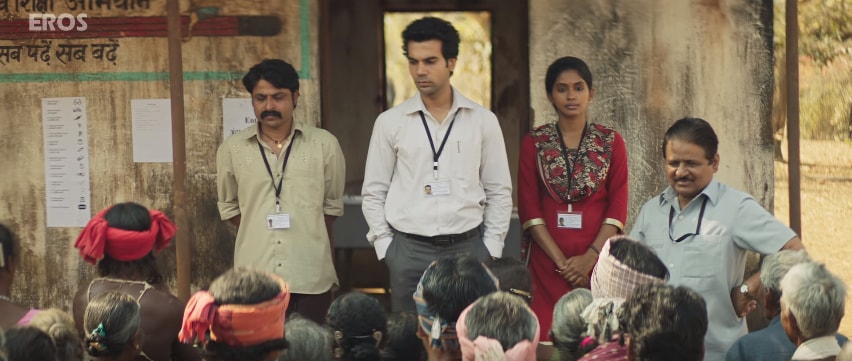
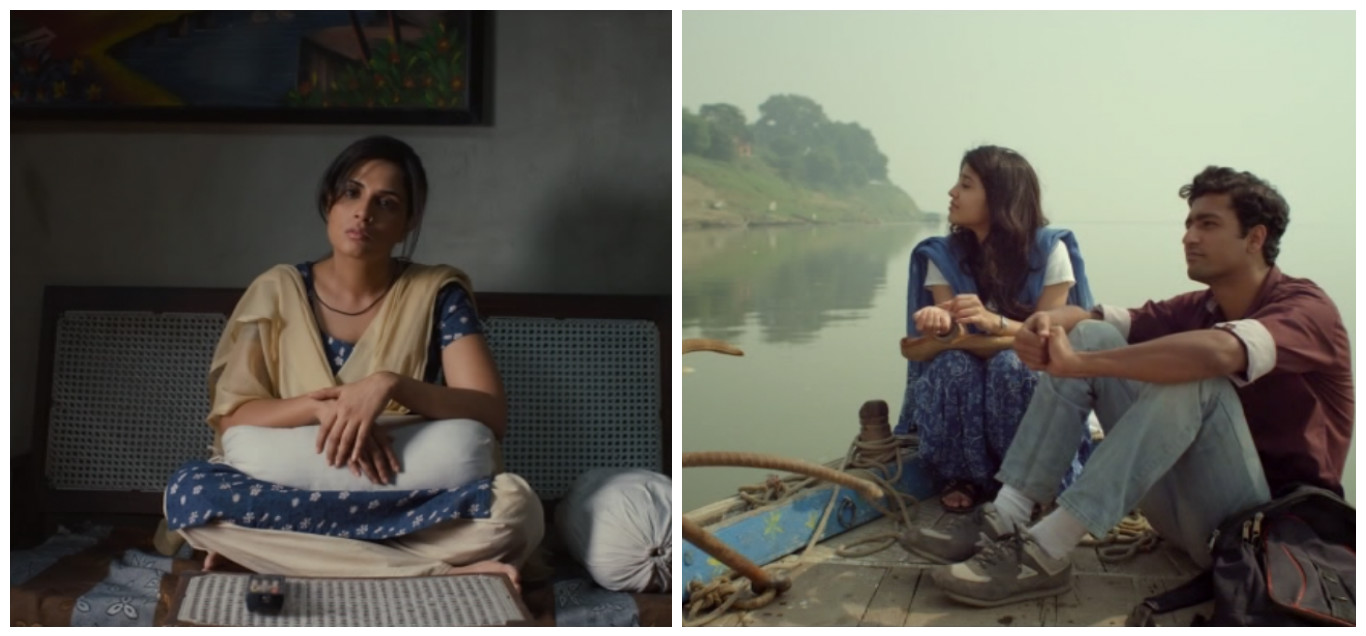




0 COMMENTS
WRITE COMMENT